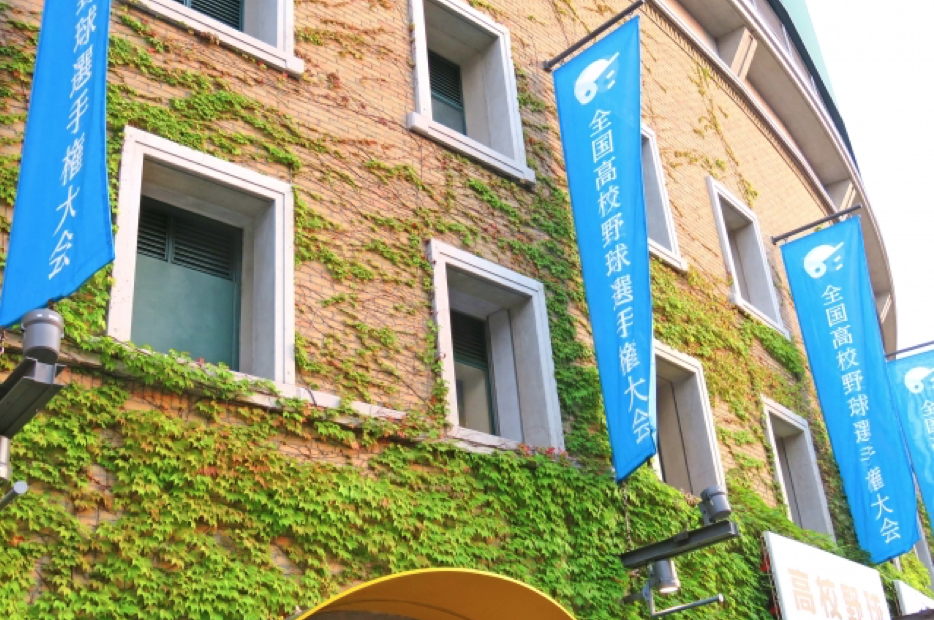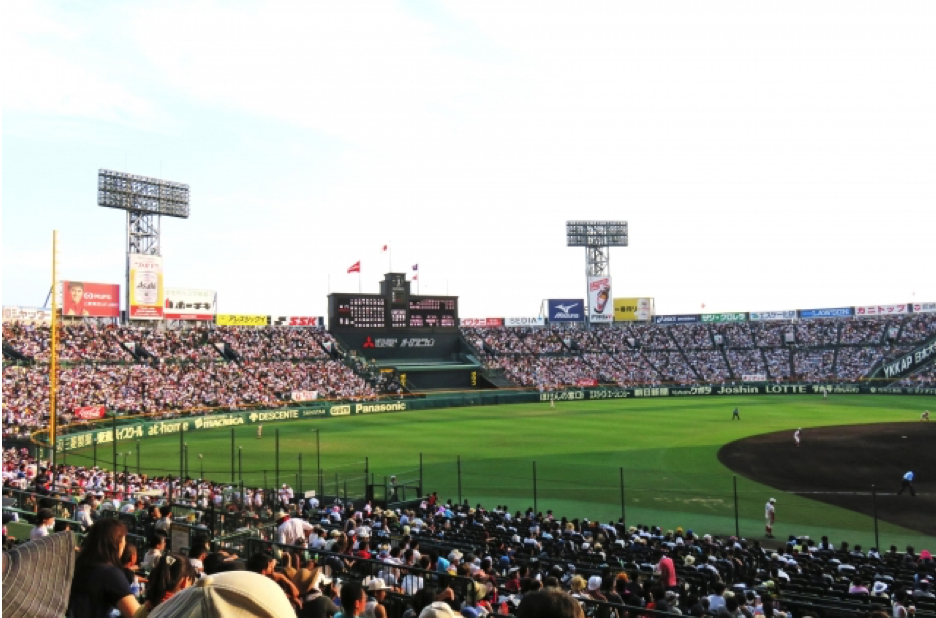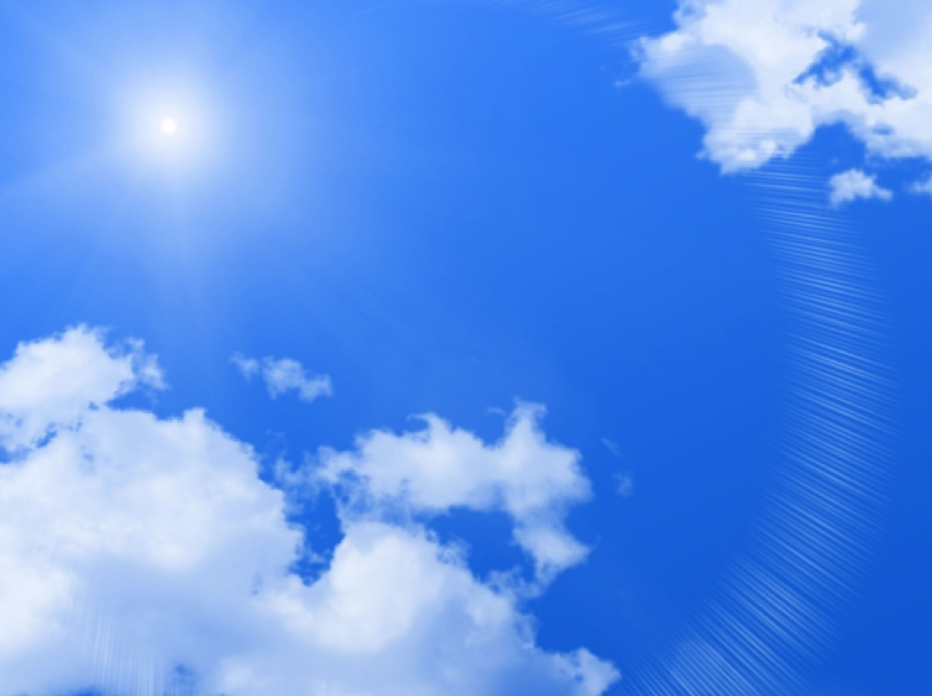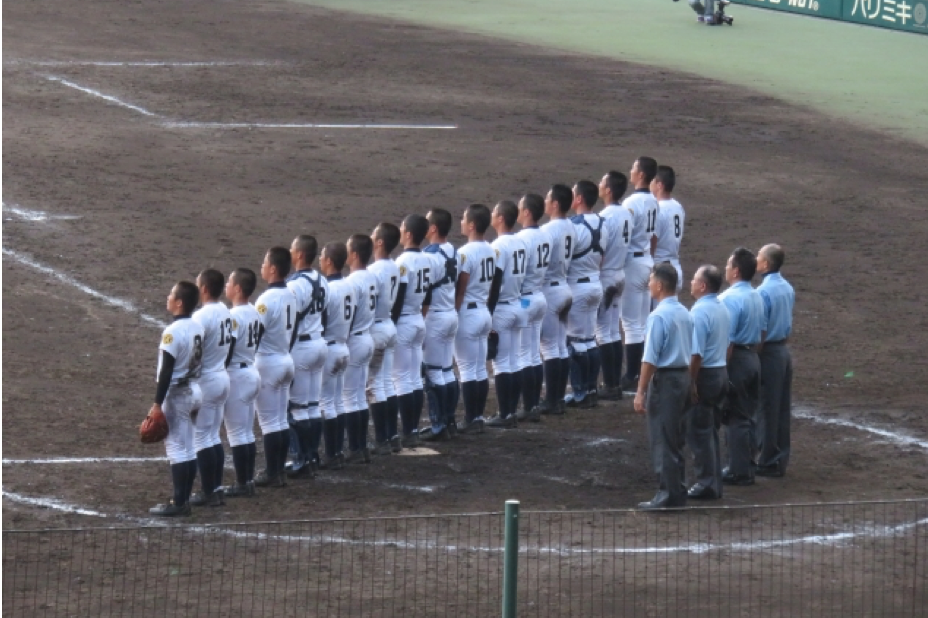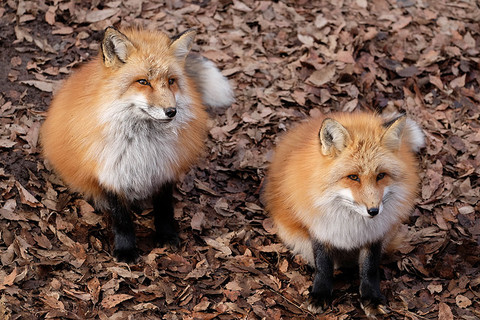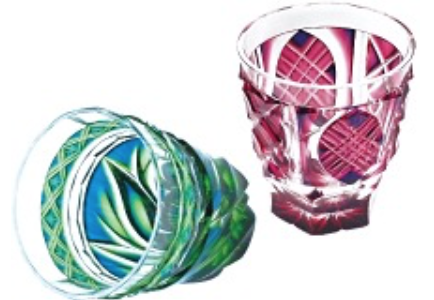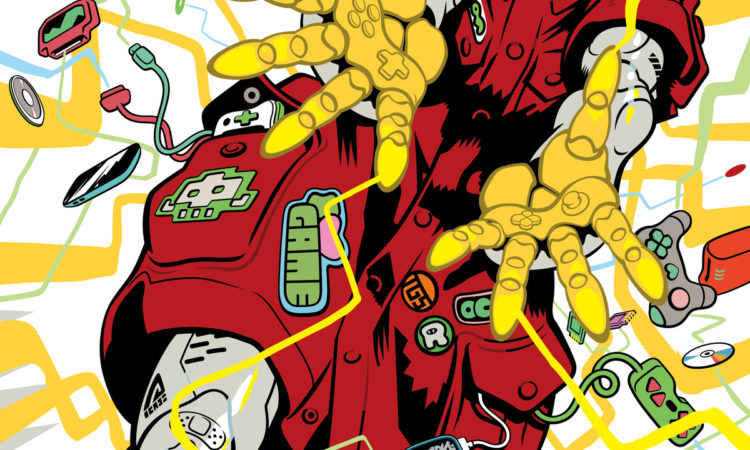Baseball has become one of nationally popular sports though it came from the U.S. It used to be popular high school or university baseball in early 1900s, then professional baseball league has established in 1930s. Especially high school baseball championship, which has a history of over 100 years, is well known for spring/summer tradition in Japan. In summer, the Annual National High School Baseball Championship, one of the largest sports events in Japan, is held in August each year, and lots of Japanese people are looking forward to watching the game at the stadium or on TV. Because each game has a drama, this championship has attracted them for many years. Therefore, many students have become professional baseball players and people continue checking their success. These are some tips for watching high school baseball, and try to experience one of Japanese summer tradition.
How Is the Participant Decided?
The National High School Baseball Championship is held at the Koshien Studium, also known for the home of the Hanshin Tigers Baseball Club, in Nishinomiya, Hyogo Pref., and 49 schools participate this tournament. The participants consist of 49 representatives of each prefecture (Hokkaido and Tokyo have 2 representatives), and the championship is operated as tournament. The prefectural tournament is held in July (the period varies by prefecture), and the winner becomes representative of the prefecture. In some prefectures which have professional baseball clubs (ex. Kanagawa, Hiroshima, etc.), important events like opening ceremony, the finals, etc. are occasionally held at their home stadium, and there is kind of Koshien for high school baseball players in these prefectures. Even all seating is not opened (you can usually access only infield seats), there are many audience like below, which consists of students, teachers, players’ family, people who like high school baseball, etc.
When Does the “Koshien Championship” Start?
The representatives are decided by the end of July, and the championship at Koshien (that is why it is also called “(Summer) Koshien”) starts on the beginning of August, and held for 15 days. In 2017, it will be held from August 7 to 21 (a day off on August 19, the next day of the quarterfinals, is included), and the games are postponed in case of rain. Because the weather has been getting severer and severer of the recent years, the schedule has changed to consider players’ (especially the ace pitchers of each school because they basically have to pitch every game, and the championship is held as part of their school education) health. The game will be replayed on the next day when the game is rained out or played to a draw after the bottom of the 15th. The stadium opens 1 or 1.5 hours before the 1st game on each day, but it may be changed. If you are planning to go there, check www.jhbf.or.jp/sensyuken/2017/schedule/ (Japanese only) for more detail.
How to Get Tickets for Each Game
Tickets for the championship tend to be thought that it is so difficult to get because there is always crowded with bunch of audience though it is an amateur sports event, but you can still get. As of the end of July 2017, you can get only walk-up tickets which will go on sale at the same time that the stadium opens its gate (the advance tickets are sold out). Walk-up tickets are sold at the ticket office at the stadium, and you can watch all games by one ticket. You can get a refund only when the 1st game is not established, but the ticket is still effective the following day if the 2nd or after games are all also canceled, and you may enter the stadium with the ticket (it means you can’t get it if the 1st game will be established at least). More detail about walk-up tickets; www.jhbf.or.jp/sensyuken/2017/ticket/ (Japanese only).
Is the Championship Broadcasted?
Even you are neither a Kansai resident nor you are planning to visit there, but you can see the championship live on both TV and radio. The NHK TV broadcasts all games nationwide until the end of game (the channel which it is broadcasted occasionally changed from General TV to ETV), and radio relay is broadcasted on Radio 1 (R1) and livestreaming which is named “Rajiru Rajiru”. Meanwhile, the Asahi Broadcasting Corporation (ABC), one of commercial broadcasters based on Osaka broadcasts on TV, AM radio, and BS. Though the station broadcasts all games, network stations broadcast only the game which local schools appear. Therefore, the ABC also broadcasts digest program every night during the championship except a day off and when the day which all games are rained out. Though watching games at the stadium can enjoy presence and nice weather, and it makes you excited, but you must be worried about the humid heat. It might be better way to watch/listen to broadcast to avoid this weather. When you are going to the stadium, you need to think about rehydration to keep your health, and you may also try signature “Kachiwari-gori (crashed ice)” there.
Why Does It Become Summer Tradition?
Because baseball has been popular for over 100 years in Japan, high school baseball is also popular as entertainment (Japanese professional baseball league was established about 20 years later the championship has started). Therefore, on this championship, the representatives are chosen from all of 47 prefectures (the invitational tournament in spring doesn’t choose representatives from all prefectures), and all high schools which have baseball club basically participate the prefectural tournament. It makes people feel an affinity with the school for both current students and graduates. Moreover, the participants are kind of the symbol of hometown for people who had left there. The terms contain obon, Japan’s one of holiday period, and many people return there and occasionally enjoy the broadcast, and that is why it has become summer tradition. For the 3rd grade students, it is the last appearance because they have to retire the club to prepare for the entrance examination, and it is also called “the end of summer”. It might be the greatest memory from the summer for both players and audiences.
Yuko
JAPAN


